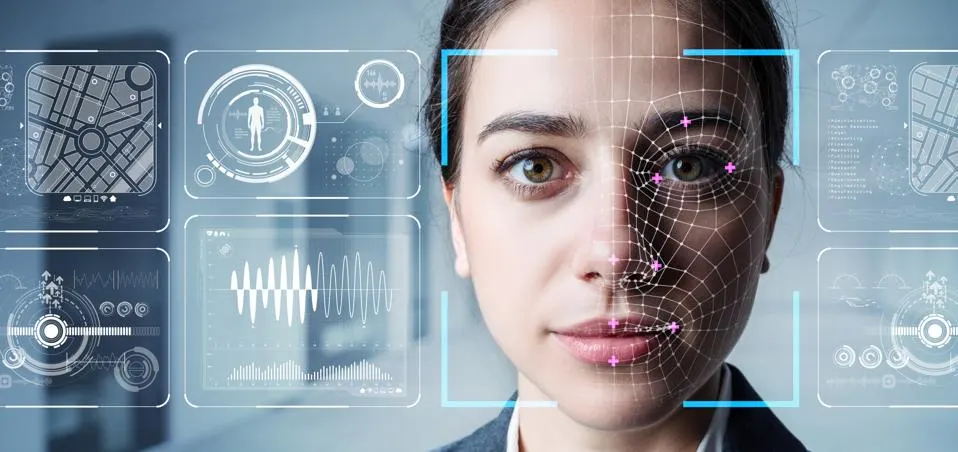Artificial Intelligence (AI) is revolutionizing the healthcare industry by enhancing patient care, clinical decision-making, and operational efficiencies. This article explores the applications, benefits, challenges, and future trends of AI in healthcare, highlighting its transformative impact on medical diagnosis, treatment planning, and healthcare delivery.
Applications of AI in Healthcare
- Medical Imaging and Diagnostics: AI-powered imaging analysis algorithms interpret medical images (e.g., X-rays, MRIs, CT scans) with accuracy comparable to radiologists, enabling early detection of diseases such as cancer, cardiovascular conditions, and neurological disorders.
- Clinical Decision Support Systems: AI systems analyze patient data (e.g., medical records, genetic information) to assist healthcare providers in diagnosing illnesses, predicting treatment outcomes, and recommending personalized treatment plans based on evidence-based guidelines and patient-specific factors.
Benefits of AI in Healthcare
- Enhanced Accuracy and Efficiency: AI algorithms reduce diagnostic errors, automate routine tasks (e.g., medical documentation, administrative workflows), and prioritize patient care activities, optimizing healthcare delivery and improving clinical outcomes.
- Personalized Medicine: AI-driven predictive analytics and genomics facilitate precision medicine by identifying biomarkers, predicting disease risks, and tailoring treatment strategies to individual patient profiles, improving treatment efficacy and patient satisfaction.
Challenges and Considerations
- Data Privacy and Security: Protecting patient confidentiality, ensuring secure data storage, and complying with healthcare regulations (e.g., HIPAA) are critical considerations for AI applications in healthcare to maintain patient trust and confidentiality.
- Integration with Clinical Workflows: Integrating AI tools into existing healthcare IT systems, interoperability with electronic health records (EHRs), and training healthcare professionals to use AI effectively require infrastructure investments and change management strategies.
Impact on Healthcare Delivery
- Telemedicine and Remote Monitoring: AI-powered telehealth platforms enable virtual consultations, remote patient monitoring, and telemedicine services, expanding access to healthcare services, especially in rural or underserved areas.
- Operational Optimization: AI optimizes hospital operations by forecasting patient admission rates, allocating resources (e.g., staff scheduling, bed management), and predicting equipment maintenance needs, enhancing operational efficiency and reducing healthcare costs.
Future Trends in AI-enabled Healthcare
- AI-driven Drug Discovery: AI accelerates drug discovery processes by analyzing vast datasets, predicting molecular interactions, and identifying potential drug candidates for treating complex diseases, reducing time-to-market and research costs.
- Ethical AI and Regulatory Frameworks: Developing ethical guidelines, regulatory frameworks, and standards for AI in healthcare to ensure fairness, transparency, and accountability in AI-driven medical decision-making and patient care.
Conclusion
Artificial Intelligence is reshaping the healthcare landscape by revolutionizing medical diagnostics, personalized treatment planning, and operational efficiencies. As AI technologies continue to evolve, collaboration among healthcare providers, technology developers, regulatory bodies, and patients is essential to harness AI’s potential responsibly, address implementation challenges, and achieve equitable healthcare outcomes for diverse populations. By embracing


